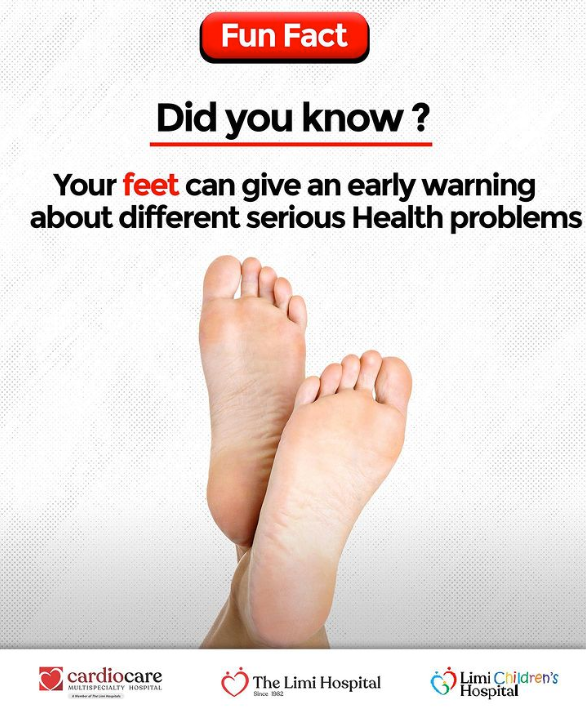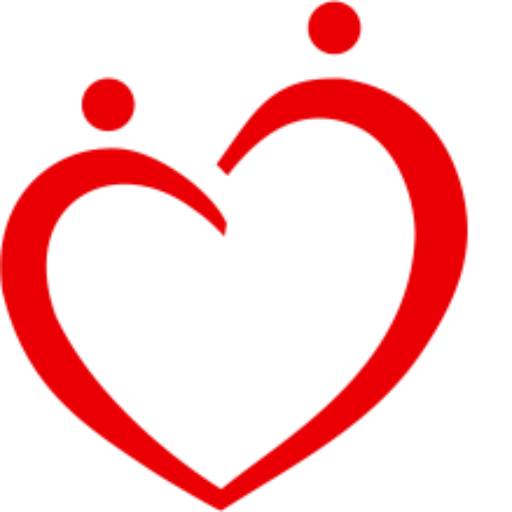Hmmm! Who knew that our feet could give us signals or warnings about our health?🤔🤔
Your feet can provide early clues to problems in other parts of your body. Your feet can also tell you a lot about underlying health conditions before they show up anywhere else. For example, stiff joints in your feet or…



